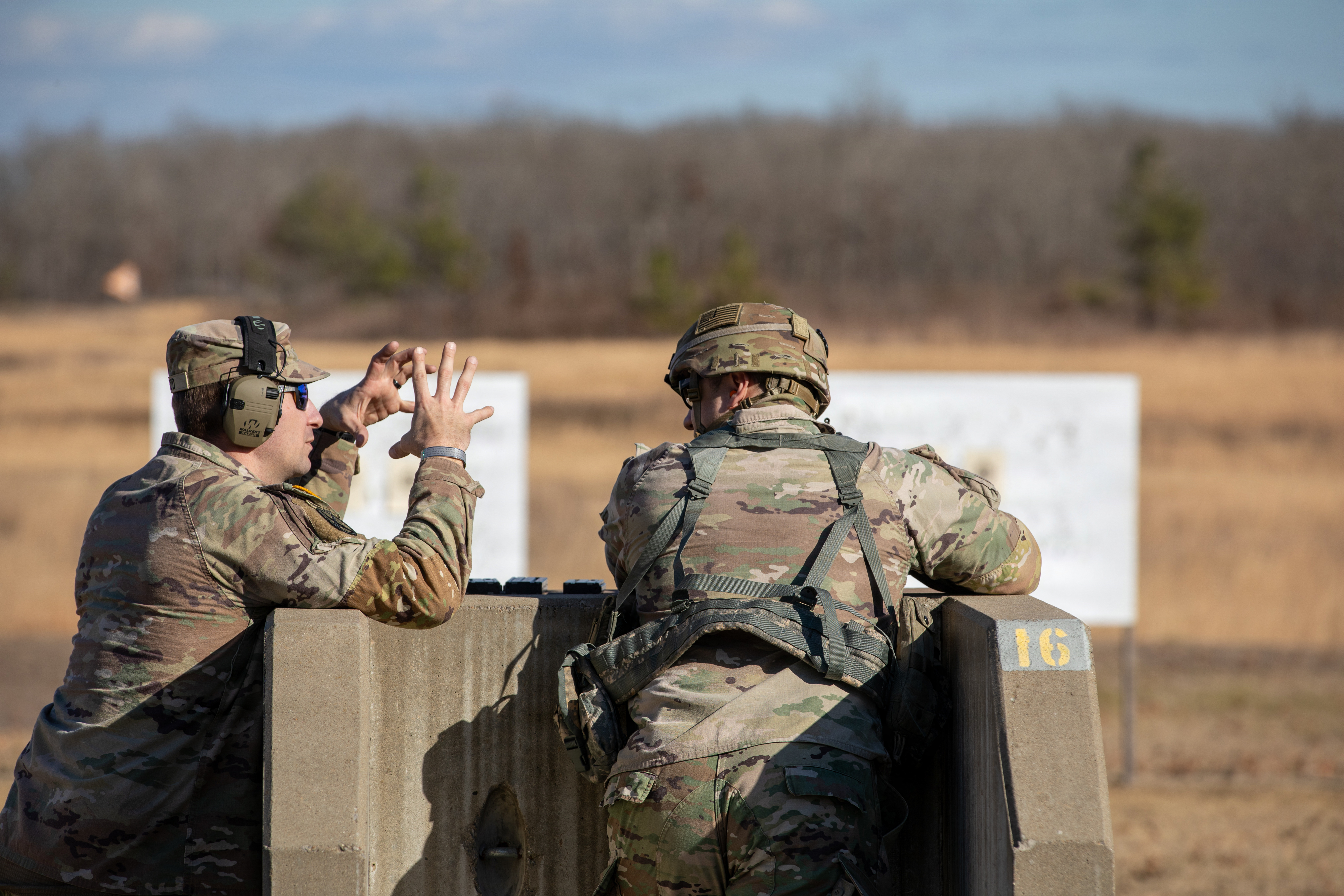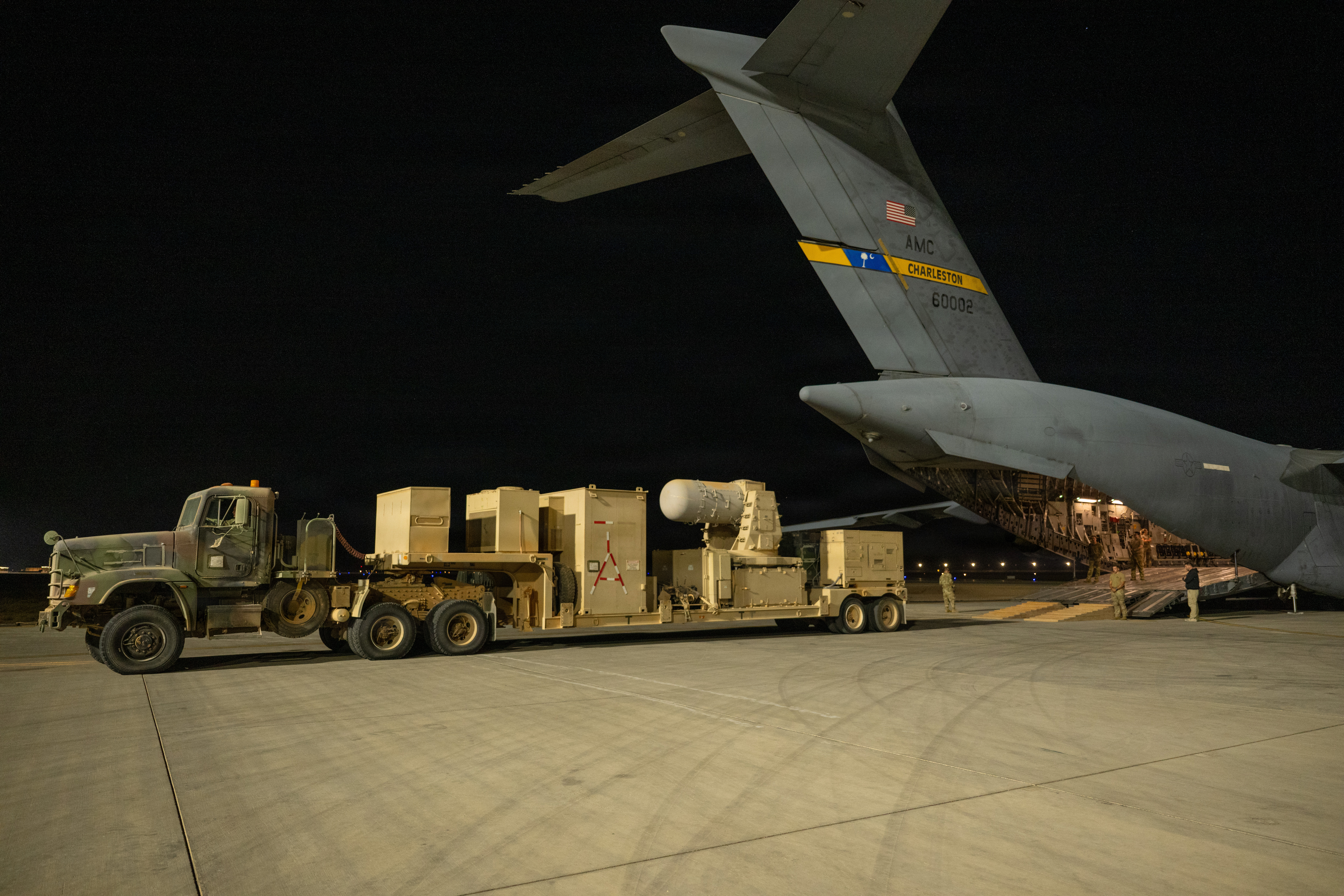What is Your Word Worth?

When GEN Martin Dempsey took over, briefly, as the Chief of Staff of the Army he sent a memo to leaders in the force. He expressed, in his experience, almost anything could be generated quickly in an emergency – with a few key exceptions. One of those exceptions was trust – a cornerstone of any effective unit and the currency of leadership.
How can junior officers build trust? One answer, to paraphrase GEN Perkins, is the same way we lose it – one Soldier at a time. We build trust by living the Army Values. But what does that really mean in practice? You will never run into a leader who thinks they don’t live the Army Values. But, you’ll also almost never see a command climate survey without Soldiers reporting a substantial portion of leaders who don’t live the Army Values. Why?
The Army Values are at the core of who we are as Soldiers. Too often we treat the Army Values as intrinsic instead of aspirational. An intrinsic value is largely binary – you have it or you don’t. Aspirational values are those you strive to demonstrate – and rarely fully achieve.
We commission a junior officer and assume they possess the values until they demonstrate in some way they don’t. But that’s not really how values manifest except in the most egregious cases. Soldiers continuously judge leaders by their bearing and decisions – with values at the forefront. The reality is, no one possesses perfect Army Values. Show me a person who has never come up short in any value and it’s time to start a cult. Leadership is about making decisions – and decisions weigh consequences. There are no consequence-free decisions (even the choice not to make a decision is a decision itself). If you as a leader aren’t struggling to live the Army Values, it’s likely you’re failing them. The unexamined values system is a poor one for leaders. I think one of the clearest and easiest measures of the Army Values in our daily actions as leaders is the value we, and others can place on our word. Our word is a simple manifestation of Integrity, Duty, Honor, and Loyalty we utilize every day. What is your word worth as a leader and how do you know?
As leaders we give our word dozens of times a day – implicitly and explicitly. Anything with your name on it – an operations order (OPORD), training schedule, policy letter, or counseling; verbal agreements – especially ‘roger’ are an easy way to codify obligations. But your life will also be filled with less formal declarations. How hard you fight to keep your word is a strong measure of your aspirations towards the Army Values.
Imagine your current experience as a junior officer and how much you do or don’t trust the word of leaders you admire or decry. Are there examples that stick out to you? Here are a few of the more common ones I’ve seen.
- A leader is promised a job at the end of a tough assignment – but doesn’t get it.
- A Soldier believes they’ll receive an award or promotion but doesn’t.
- A unit is promised a predictable training schedule – but personnel, resources, or a change of mission are handed down at the last minute obviating their efforts.
- A unit is promised equipment by a certain time – but the maintenance or resources aren’t completed.
- A staff is promised time to plan and execute an operations – 1/3rds – 2/3rds – but isn’t given it by higher headquarters with late-issued orders or fragos.
- A unit is promised personnel for training or operations but has Soldiers tasked away.
In every one of these very common examples there may be excellent, justifiable reasons why a promise may not be kept. Leaders have to make tough calls and the right call may be different at one point in time than another. A person of good faith is assumed to INTEND to follow-through on their word every time. But one of the difficult truisms of the Army when evaluating leaders is ‘nobody cares how hard you tried.’ As a leader you own your decisions, period.
An important lesson to impart to leaders is a simple one, but hard to internalize. As a leader, there is no distinction in one’s word. When you promise someone you’ll get them an OPORD by 0600 the trust you earn or lose is the same as if you gave them your word to move, you’ve got them covered. You do not get to destroy trust in garrison and assume it will be there in combat – it will not.
So what can you do to build trust? One of the easiest ways is to keep your word and fulfill your obligations – for all things big and small. It’s impossible to reach 100% – but how hard you fight to do so will be a strong measure of the trust you earn. Be judicious with your obligations, be clear in your communications, and as transparent in your decisions as you can.
Counsel, communicate intent, ensure you follow orders and your orders are followed. These are the building blocks of trust – they must be constantly exercised. Try and exercise on any day of the week and write down:
- What have I given my word about today – explicitly or implicitly?
- As I went through my actions today what obligations was I meeting?
- Where did I fall short on my word or obligations?
As you review your inventory does it spark any points for you to improve? Are you too quick to make promises you can’t keep on routine items like maintenance or meeting times? Are there administrative problems in your unit that make it difficult for you to keep your word? Are there orders or policies you don’t value and don’t maintain?
A personal inventory and examination is a great tool to identify and make adjustments. The goal is to constantly improve – not reach perfection. Ultimately trust and reputation is built one decision and one action at a time – the same way it is lost. However, when it comes to the loss of trust it can be much closer to Hemingway’s description of how a man goes broke ‘gradually, then all at once.’
———
LTC Charles D. Hood is a military intelligence officer who has served in a variety of strategic and tactical assignments, including 2ID, 101st ABN DIV (AASLT), SHAPE, NSA, JSOC, DIA, 10th MTN DIV (LI), and INSCOM. He holds a BA in History from UNC Asheville and an MA in Political Science from Baylor University.
MAJ George Gurrola is a military intelligence officer and currently serves as an instructor in the Department of Foreign Languages at the United States Military Academy at West Point. He holds a master’s degree from Georgetown University’s School of Foreign Service and a BA from Texas AM University. He previously served in the 205th Military Intelligence Battalion; 3rd Battalion, 75th Ranger Regiment; and the 2nd Infantry Division.
———
Image credit: maxpixel.net



